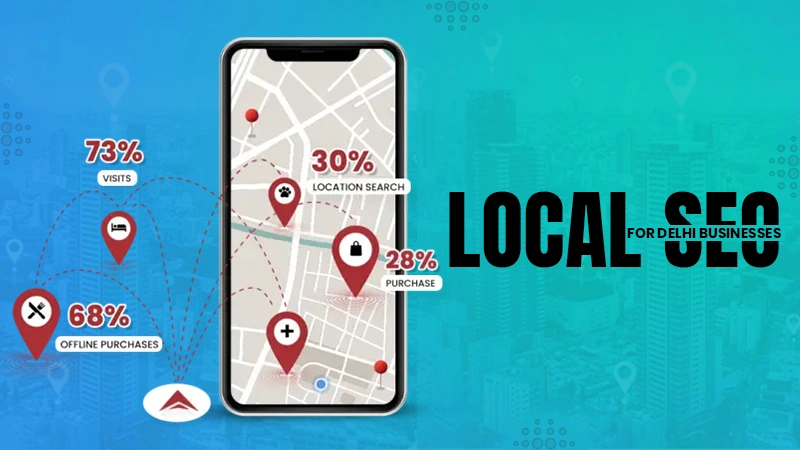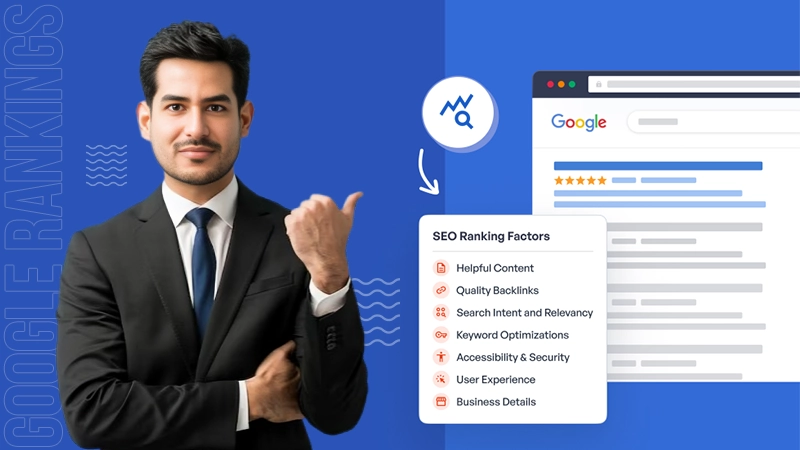Understanding Link Building: The Backbone of SEO
In the ever-evolving landscape of Search Engine Optimization (SEO), Link building is one strategy that stands the test of time.
Not only does it help in ranking your website higher in the search results, but it also generates a significant amount of traffic that could be your potential customers.
But what exactly is link building, and how does it work?
Well, Google usually treats certain links from other websites (backlinks) like an endorsement. The higher the quality of the backlinks pointing to your website, the more reliable it seems on the search results.
So, this read will dive deep into this fundamental SEO tactic, unpacking its importance and mechanisms.
Let’s start!
What is Link Building?
At its core, link building is acquiring hyperlinks from other websites to your own. A hyperlink (commonly referred to as a link) is a way for users to navigate between pages on the internet. Search engines use links to crawl the web; they will crawl between the individual pages on your website and the entire website.
Why is Link Building Important?
- Boosting Credibility and Authority: Google and other search engines view each link to your website as a vote of confidence. The more high-quality, relevant links you have, the more credible your site appears.
- Improving Visibility and Rankings: Links are a major ranking factor for Google. Quality backlinks can significantly boost your online rankings, making your site more visible to users.
- Driving Referral Traffic: Good links from highly-visited websites can drive significant referral visits to your site, attracting new visitors and potential customers.
- Fostering Relationships: Linking requires outreach and collaboration, helping build meaningful relationships within your industry or niche.
How Does Link Building Work?
Link building isn’t about creating links for the sake of it. This is about creating a natural, valuable web that benefits users and search engines. Here’s how it works:
Creating High-Quality Content
Content is the backbone of any successful link-building strategy. When you produce high-quality, priceless posts, other websites naturally want to link to you. This might be an insightful blog post, a data-driven article, an infographic, or a comprehensive guide. The key is to create something that others in your industry find compelling and worth linking to.
Outreach and Networking
Link building requires proactive outreach. This involves connecting with bloggers, web admins, and influencers who might find your posts to be helpful. Effective outreach strategies include personalized emails, social media engagement, and building long-term relationships. The goal is to encourage them to link to your content, seeing it as valuable.
Guest Blogging
Writing articles for other reputable sites in your industry is a great way to build links. In return for your valuable articles, you can include a link back to your site. This helps with link-building and establishes you as an authority within your field.
Broken Link Building
This involves finding broken links on other websites and suggesting your content as a replacement. It’s a mutually beneficial strategy – the website owner fixes a broken link, and you gain a high-quality backlink.
Leveraging Social Media
While social media links don’t directly impact SEO, they can drive significant visits to your site. More traffic can mean higher exposure and lead to increased backlinks.
The Types of Links
Understanding the different types of links can help refine your link-building strategy:
- Natural Links: These are unsolicited links given by website owners when they find your content valuable.
- Manually Built Links: These are acquired through deliberate link-generating activities like outreach and guest posting.
- Self-Created Link: This includes directories, forums, blog comments, ts, or profile information. They can help search engines, often consider them less relevant.
Best Practices for Link Building
- Focus on Quality Over Quantity: One high-quality link from a reputable site is worth more than dozens of low-quality links.
- Choose Relevant Sites: Ensure the sites you get links from are relevant to your industry or niche.
- Create Link-Worthy Content: Always aim to create something that others find valuable and worth linking to.
- Be Ethical: Avoid black-hat practices like buying or using link farms, which can result in search engine penalties.
Common Mistakes to Avoid
- Ignoring Relevance: Acquiring it from unrelated websites can do more harm than good.
- Using Manipulative Tactics: Schemes like link exchanges or paying for links can lead to severe penalties.
- Neglecting User Experience: Links should add value to the user, guiding them to additional, helpful resources.
Measuring the Success of Link Building
It’s vital to measure the effectiveness of your efforts. Here are some key metrics:
- Domain Authority (DA): Developed by Moz, DA predicts how well a website will rank on search engine result pages (SERPs). Higher DA indicates more robust success.
- Referring Domains: The number of unique domains linking to your site. A larger number of referring domains generally means a healthier backlink profile.
- Organic Traffic: Increases in organic visits indicate that your link-building efforts are paying off in terms of improved SEO performance.
- Referral Traffic: Analyzing referral visits helps you understand which links bring the most visitors to your site.
Conclusion
Link building remains a cornerstone of effective SEO strategies. It’s not just about acquiring many links, but more about gaining high-quality, relevant links that boost your site’s credibility and visibility.
By creating outstanding content, engaging in meaningful outreach, and adhering to best practices, you can build a robust link profile that enhances your search engine performance and drives organic traffic.
Remember, link-building is an ongoing process. Stay patient, persistent, and always prioritize quality over quantity. With these principles in mind, you’ll be well on your way to mastering the art and science of link-building.










